If HomePod’s smart experience is to be extended to a wider dimension of life, Apple must work hard.
Editor’s note: This article is from the WeChat public account “Geek Park” (ID: geekpark) , author Yu Benyi, reproduced with permission.
It’s hard to imagine that a hardware-based technology company like Apple has been absent from CES for 28 years. But in surprise, it seems that I can find many reasons for Apple not to participate: the number of users is large enough, the market growth is stable, and you can make a lot of money without advertising …
It ’s just that “saint” is not exempt. In 2019, Apple posted a huge advertisement on the outer wall of the Spring Hill Marriott Hotel on the side of the Las Vegas Convention Center, reiterating its privacy issue with the slogan “What happens on your iPhone, stays on your iPhone” Position.
If this kind of “porcelain-style” propaganda is just a warm-up for Apple’s return to CES, sending a senior director in charge of global privacy affairs to personally enter the battle, it is like another high-profile PR, telling everyone not to worry with Information security issues related to hardware products.
It’s just that compared to Google ’s larger booth and Amazon, which has successfully entered the North Hall by using the automotive business, Apple ’s presence at this year ’s CES site is slightly weaker. However, as an innovator who has changed an era, the real value of Apple’s existence is that it constantly introduces new capabilities. Even the same functions will produce completely different user experiences. While everyone has “abandoned” personal privacy awareness, Apple has gone the other way, reiterating its views on privacy issues at the right time, and saving a lot of expensive advertising costs.
There was an Internet song before, “Don’t be obsessed with brother, brother is just a legend.” Although it is too early to become a legend, the slightest move of Apple has affected the nerves of the industry. Even if “hidden” Xu Xing, the aroused dust cannot be easily ignored.
What happened on iPhone, stay on iPhone
Jan Horhorth, Apple ’s senior director of global privacy affairs, appeared during a roundtable discussion on “Privacy” on the afternoon of January 7, US time. Also participating in the discussion were Facebook Chief Privacy Officer Erin Egan, Procter & Gamble Global Privacy Officer Susan Shook, and Rebecca Slau from the Federal Trade Commission FTCghter.
“At Apple, the way we define privacy is to give control to users.” Jane Horvath said, “They have both control of the data and use of the data.”
The official answer will certainly not be recognized by the live media and audience. Some people have questioned, hoping that Jane Horvath details Apple’s measures to prevent third-party applications from stealing user data. In response, she replied, “We evaluate the existing data almost every week to ensure that the iOS system does not overuse consumer data. This process also involves the use of data sample sampling methods to avoid system collection. Important data for users. “
As for third-party applications that everyone cares about, Horvath said that Apple has currently set up developer guidance, user notifications, and other technical means to separate consumer data from third-party applications. Only with the consent of the user, the iOS system will develop an API to transmit information such as geographic location to third parties for use.
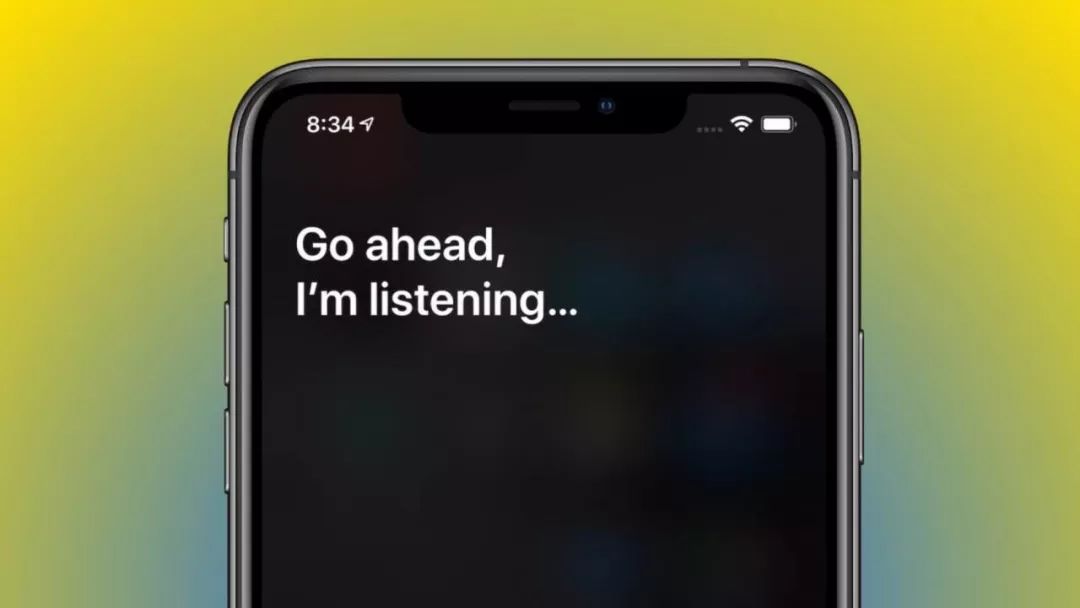
The Guardian has disclosed that Siri is suspected of leaking user privacy | SlashGear
In addition to the security issues of third-party applications, users often worry that their mobile phone information will be intercepted by the government. In this regard, Horvath pointed out, “Apple will not easily crack the user’s iPhone because personal mobile phones store a lot of sensitive information, such as financial transactions, health-related, etc. Once the iPhone is lost, we first need to ensure that user data is not Will be acquired by others. “
At the scene, some people also asked about consumer privacy protection, because the British “Guardian” previously disclosed that Siri was suspected of leaking user privacy, saying “Apple’s contractors often need to intercept users’ voice data and use it Optimize the experience of Siri. “Soon, Apple issued a statement saying that less than 1% of the information will be used to optimize the service. Two months later, Apple announced that it would suspend manual review of Siri.
So, a reporter at the scene asked, “How does Apple protect user privacy?” Horvath said that Apple has not found the so-called perfect method so far, and its capabilities are limited and not enough. In the future, it will try a variety of ways. Work hard.
Finally Horvath also talksIn the current situation of the Internet platform overuse of big data. Because artificial intelligence recommendation services often require a large amount of data for training, such as e-commerce, advertising and other services need to obtain enough user information to achieve accurate placement and recommendation. Horvath pointed out that Apple hopes to achieve “small data, big power”, that is, how to achieve personalized service user reach with less data.
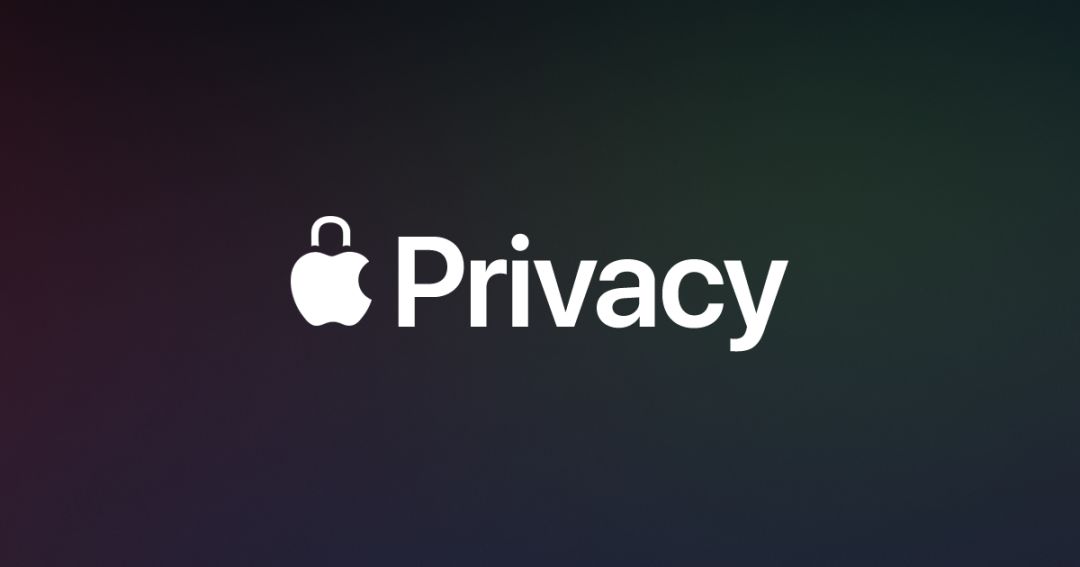
Apple’s official website has a page dedicated to the company’s measures to protect user privacy | Apple
She introduced some established procedures and strategies that Apple adheres to:
First, only capture data related to user needs. For example, when the user asks Siri about the weather or nearby stores, the system will only extract the current geographic location information;
Second, obscure personal privacy content involved in the data. For example, when storing emoji and taking photos of faces, iOS will actively add “noise” to the data generation to cover up the personal information involved in these operations. In the default settings of the Apple system, Siri and the map application are both randomly identified mechanisms and will not track a specific account;
“At the beginning of designing each Apple product, there will be a dedicated team of lawyers and engineers to discuss it together. Our purpose is to truly control the data and use rights for users.” Horvath concluded.
As the US Federal Trade Commission FTC executive Slaughter said, today ’s electronics / Internet is developing so fast. How to use user data in good faith and protect consumer privacy is a responsibility and obligation that all large companies must implement, but The problem itself is very complicated, and it is by no means a consensus solution that can be formed by itself or in a short time. However, in a situation like CES, being able to seriously discuss this issue is already a major improvement for the entire industry.
Regaining confidence in smart homes?
In 1992, then-Apple CEO John Sculley released the world’s first handheld PDA at the CES International Consumer Electronics Show in Chicago, named “Newton”. After a lapse of 28 years, Apple first appeared in the CES scene as an official, but this time it was about privacy, but no new products were released.
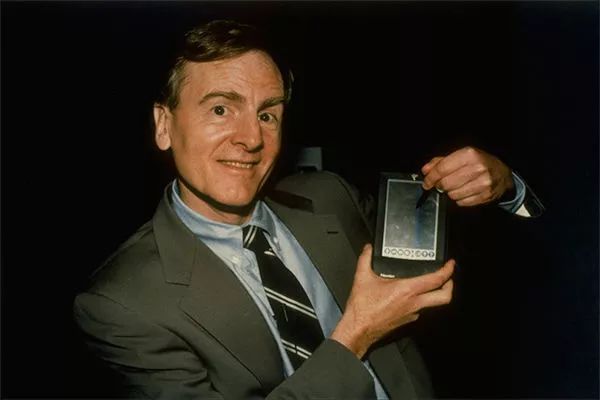
Former Apple CEO John Sculley holds the world’s first handheld PDA | TIME
However, Apple ’s abacus is actually very good. On the one hand, through the exit of the executives, it showed its firm position in protecting user data privacy. At the same time, it pushed the smart home platform HomeKit to the stage again. Land won one after another.
According to incomplete statistics from foreign media, more than 30 new smart home products supporting Apple HomeKit platform released at CES this year, and some companies announced that some of their smart home assistant products will be compatible with Siri. . At the Consumer Electronics Show last year, the French company Netatmo introduced a smart video doorbell that can be adapted to HomeKit. This year it brought a smart door lock system that uses a physical near field communication key to open the door. This new product also supports the HomeKit platform. .
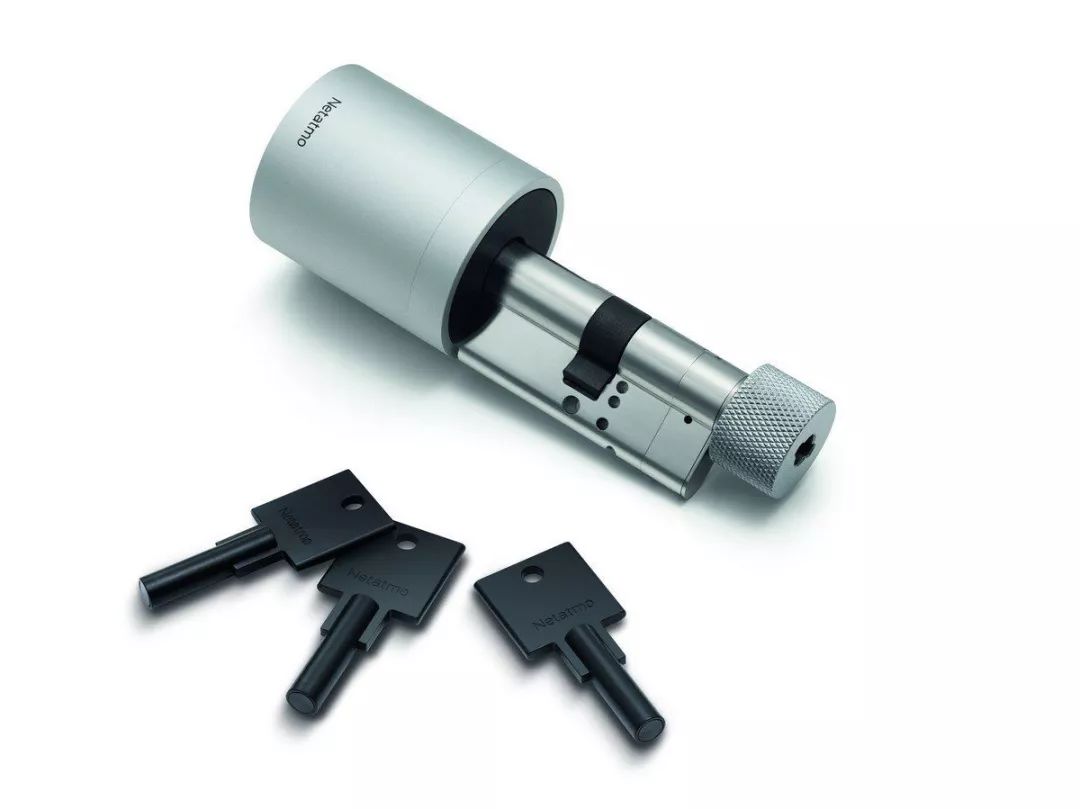
Netatmo smart door lock system using physical near field communication key to open the door | Official photo
Although it has been released for almost 5 years, HomeKit is not a successful business for Apple, and its development speed is very slow compared to Amazon’s Alexa.
However, Apple has decided to work hard on the smart home business this year. In February, it recruited former Microsoft executive Sam Jadallah, and in October more talents came in to reorganize the entire smart home business. But to achieve a similar speed to Amazon Alexa, Apple may be more patient. According to data disclosed by Bloomberg, there are only 450 products in the Apple HomeKit ecosystem.
In contrast, Google ’s previous official data shows that there are currently more than 1,000 smart devices from more than 1,000 brands connected to Go.ogle Assistant, and the number of products in the Amazon ecosystem is as high as 85,000.
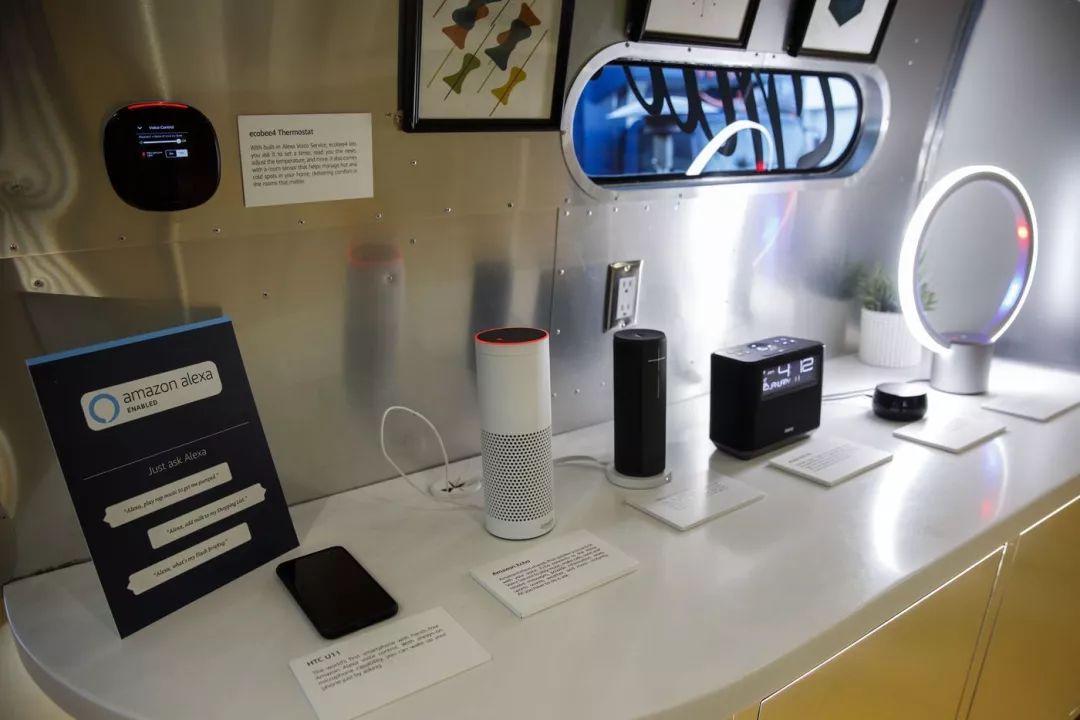
Smart home products that support Amazon Alexa | Bloomberg
So for Apple, in order to compete with Google and Amazon, the most important task in 2020 is to reorganize the smart home business. The feasible measures include, but are not limited to, “get moving faster, connect as many products as possible to the HomeKit platform at any cost, and find ways to make iPhone users feel the charm of the HomeKit platform.”
At the Consumer Electronics Show in 2019, foreign media MacWorld’s evaluation of Apple HomeKit is “a dark horse at CES 2019” because you will find that more and more companies are starting to provide smart home products that support the HomeKit platform. Is a good sign.
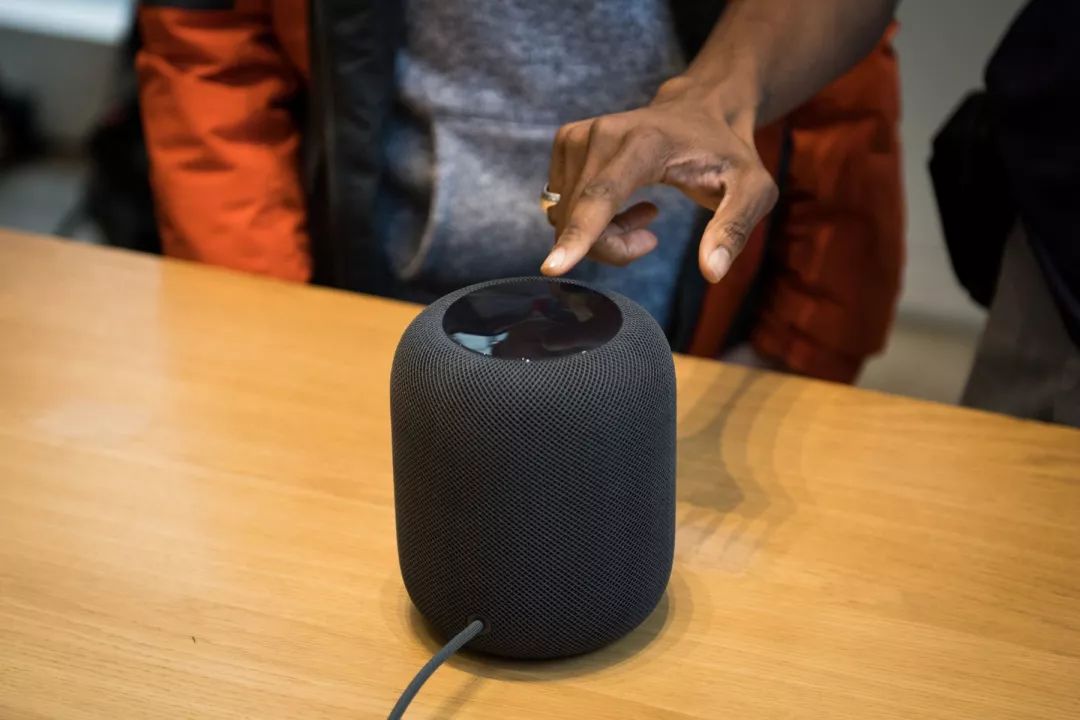
Apple HomePod is the only product of its own that supports the HomeKit platform
In December of last year, smart home equipment companies such as Apple, Amazon, Google, and IKEA, NXP, Samsung SmartThings, and Signify (Philips Lighting) under the Zigbee Alliance announced a cooperation and jointly formed a “Connected Home Over IP” (referred to as CHIP). Alliance plans to develop and formulate a set of standards for smart home connectivity based on the IP protocol.
Apple has “partially” open-sourced the HomeKit ADK and offers a HomeKit accessory protocol that allows developers to design non-commercial smart home accessories. Because CHIP announced that it will win everyone’s strengths, the HomeKit ADK is bound to be included in the new standard. This also fully shows that Apple wants to be in the smart home marketThe determination to fight a turnaround.
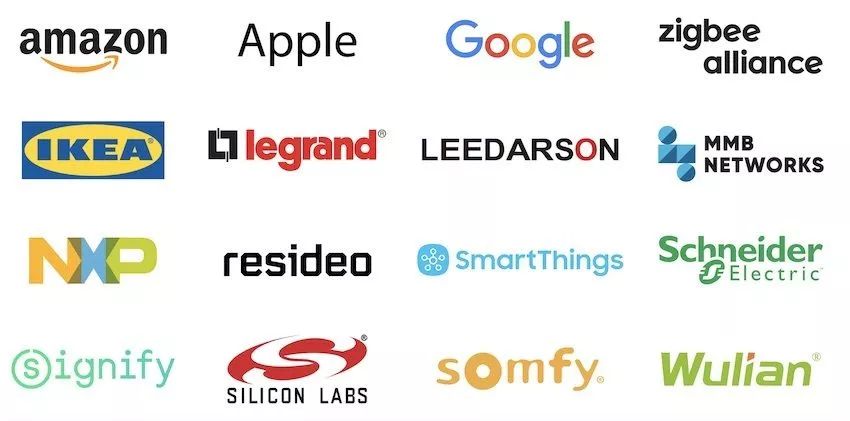
Apple, Amazon, Google and other smart home equipment companies jointly form a “Connected Home Over IP, or CHIP” alliance
If we only look at CES as an industry exhibition for new product releases, we may have a narrower understanding of CES. Apple never likes to play cards based on common sense. It is not to return to CES to launch new products. It seems to be more about conveying a philosophy and appeal: the protection of user privacy is the basis for consumers to use their products with confidence In order to promote the volume of smart home products, in addition to persuading third-party manufacturers, it is also necessary to persuade consumers to pay.
From the huge poster last year to the executive ’s idea of ”privacy protection” this year, Apple seems to have laid a solid foundation for the next expansion of smart home products. It’s just that HomeKit hasn’t shown good incremental performance since launch, and there are only a handful of cooperating brands.
In 2020, Apple must work hard if it wants HomePod’s smart experience to be derived into a wider dimension of consumer life.